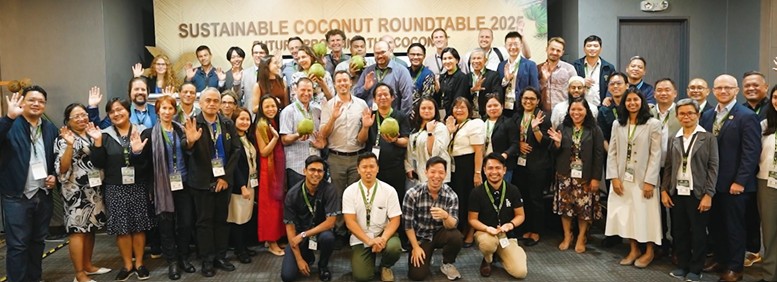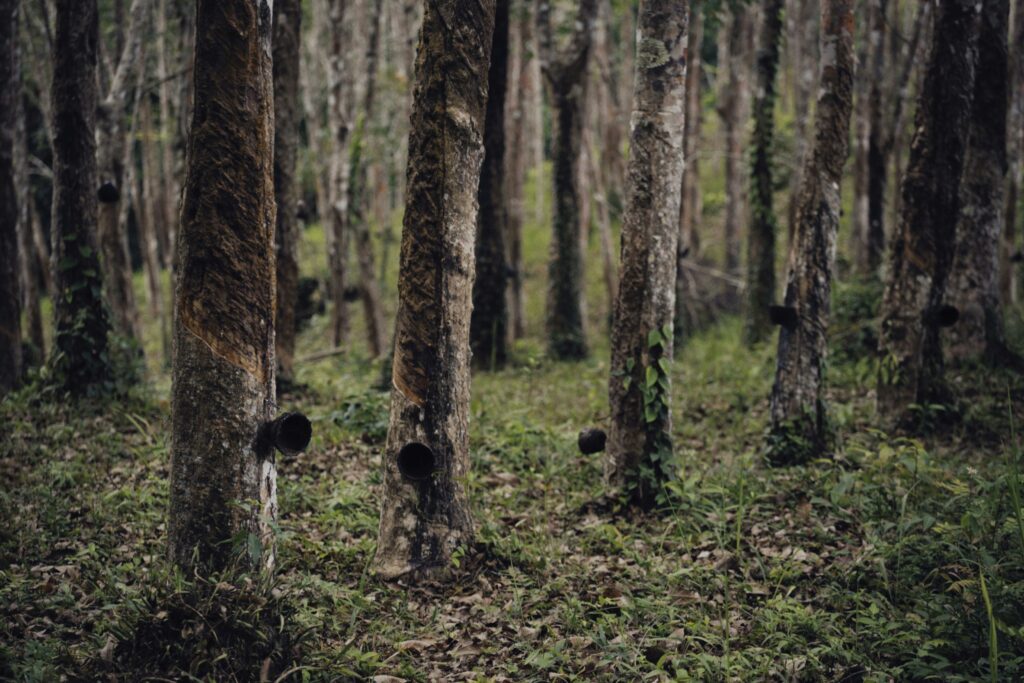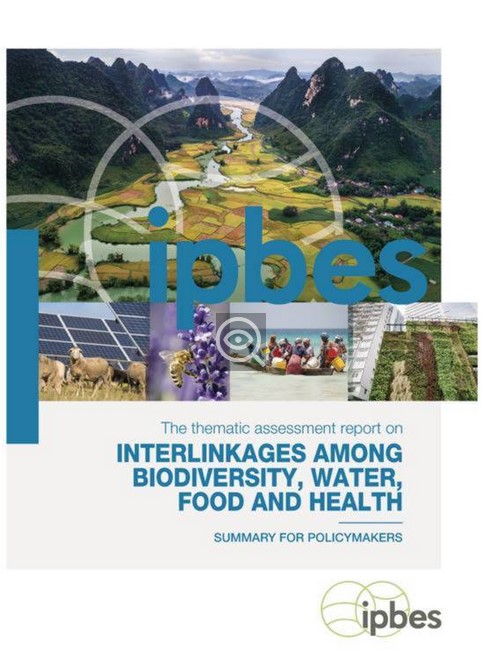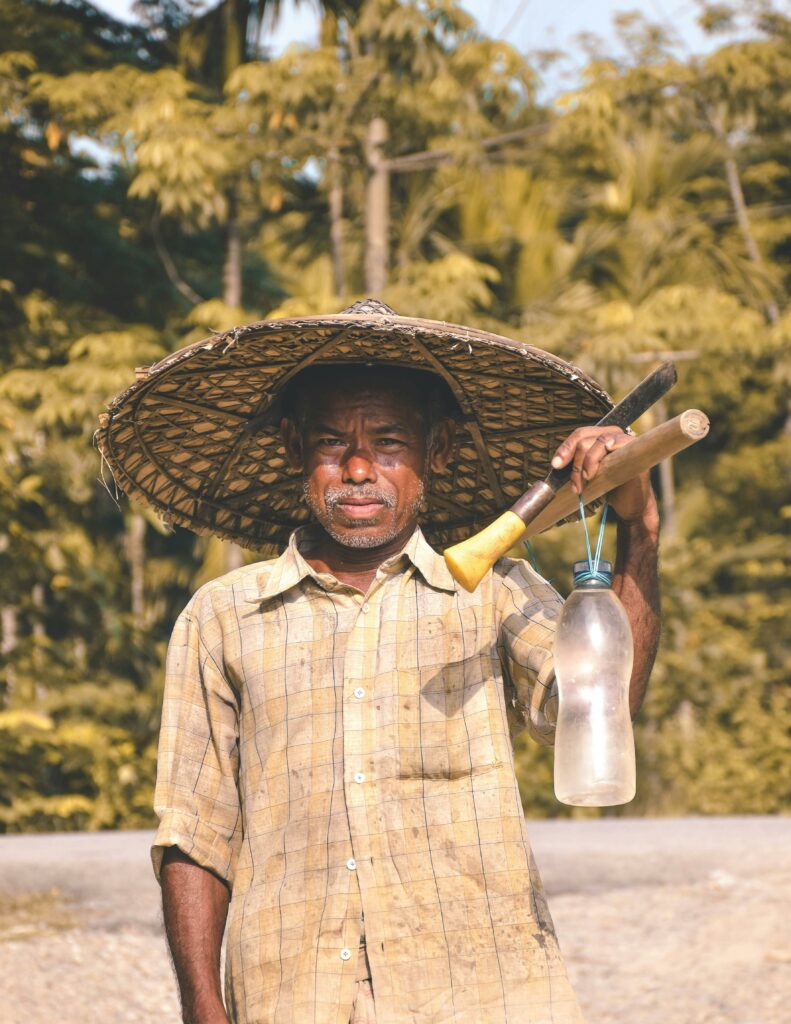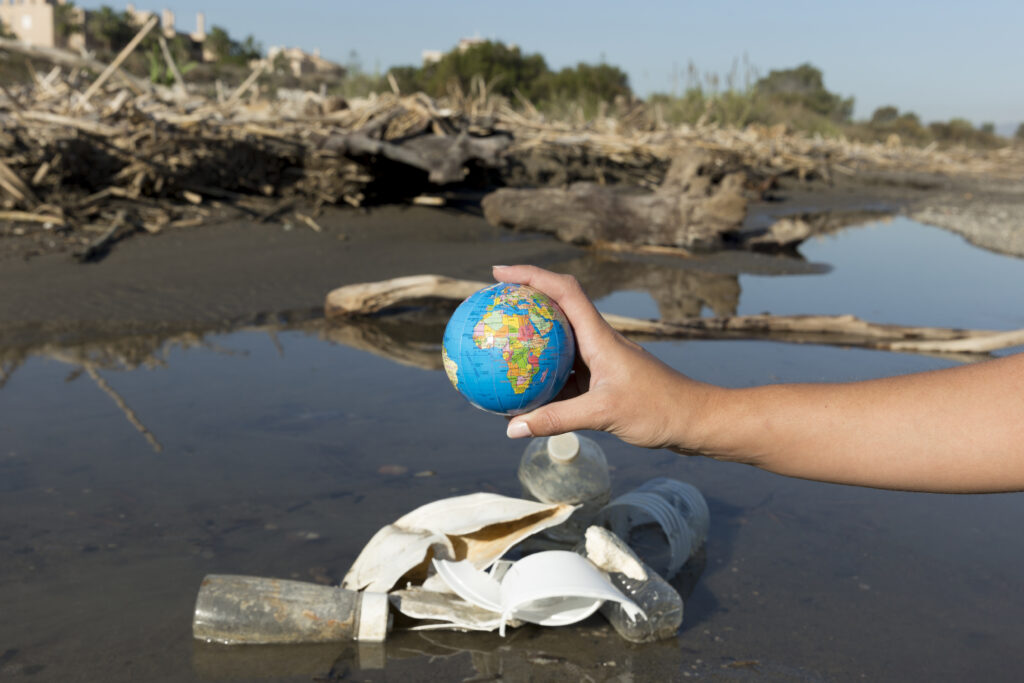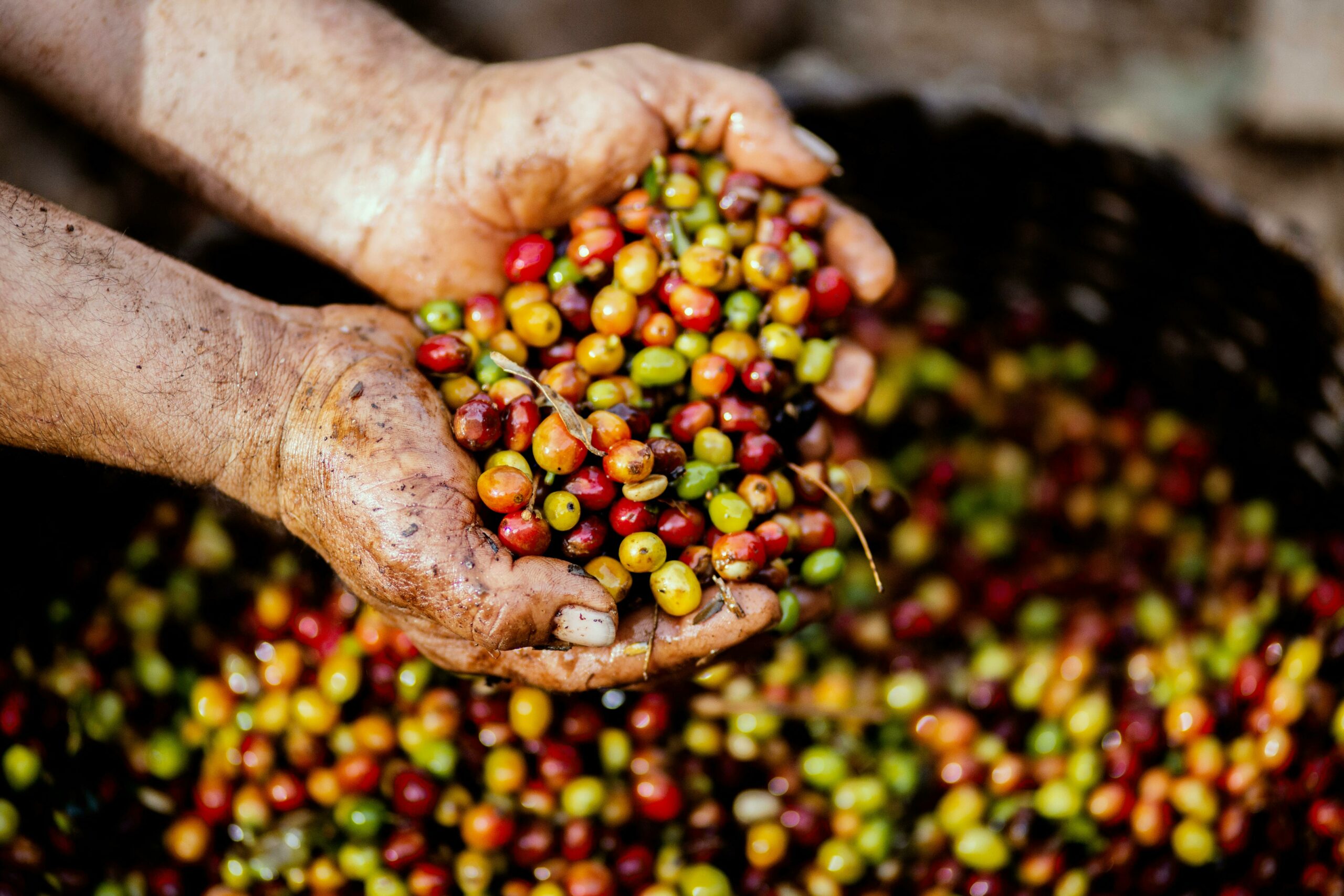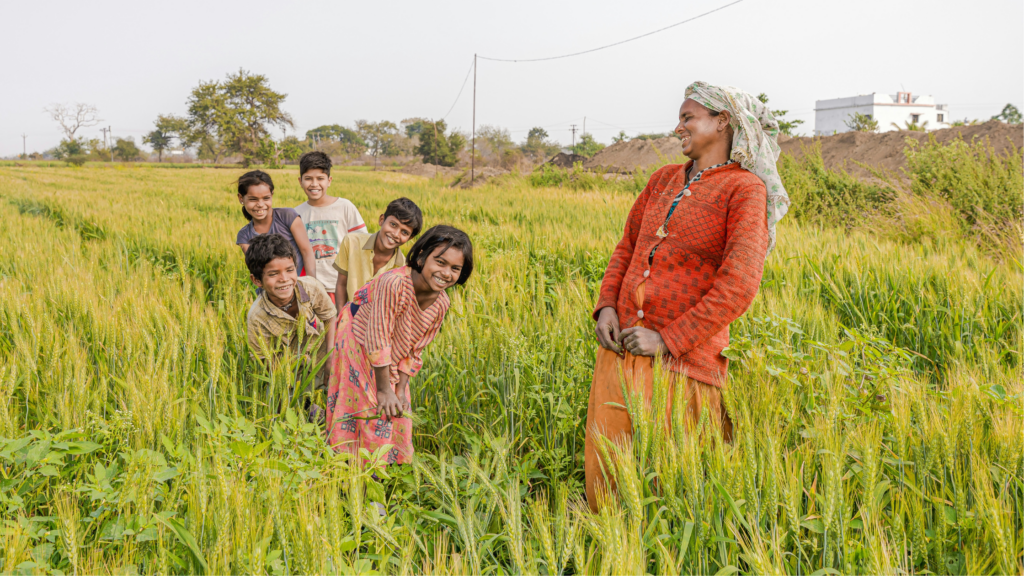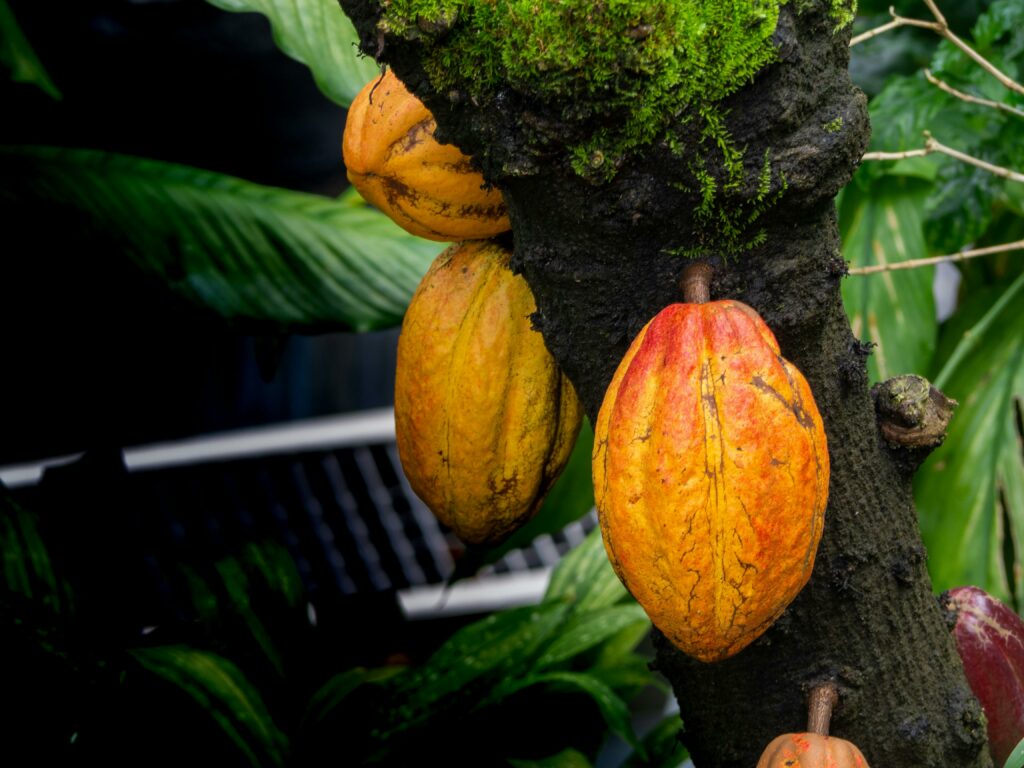Coconut supply chains face crisis. Discover scalable impact programs improving smallholder livelihoods while securing supply.
Category Archives: Smallholding Farmers
Explore how Ksapa enhances Rubber Smallholder Farmers Livelihoods through sustainable practices and capacity building in Sumatra.
Discover how Sutti’s EU-Indonesia trade model creates sustainable supply chains, generating €25 local value per €1 invested over 10 years
IPBES report reveals urgent crisis in food-nature-health systems, highlighting critical need for integrated solutions to protect our future
Discover proven strategies to boost digital tool adoption among smallholder farmers, driving sustainable agriculture and sourcing.
SBTN’s 2024 pilot report reveals excessive focus on top-down methods vs. clear ground-level realities in nature targets.
Coffee is more than just a beverage; with over 2.25 billion cups of coffee consumed daily, it is one of the most widely consumed drinks in the world and one of the most traded agricultural commodities. The largest coffee-producing nations—Brazil, Vietnam, and Colombia—are responsible for 63% of the global supply, while major consumers such as the European Union and the United States dominate the market.
A landscape approach for business is a strategic framework that aims to balance environmental, social, and economic objectives, recognizing that business activities are interconnected with the broader ecological and social systems in which they operate. Learning from our experience and programs at Ksapa, here are the key elements and benefits of a landscape approach for business
Learn how to build robust carbon sequestration programs through rigorous due diligence addressing environmental and human rights risks.
Cocoa is the main component of a vast industry with far-reaching repercussions on a global scale. While many of us love chocolate for its taste, cocoa has a less sweet side that poses serious problems. The cultivation and production processes are linked to complex challenges covering social, environmental and economic dimensions. Challenges, analysis and new solutions.

